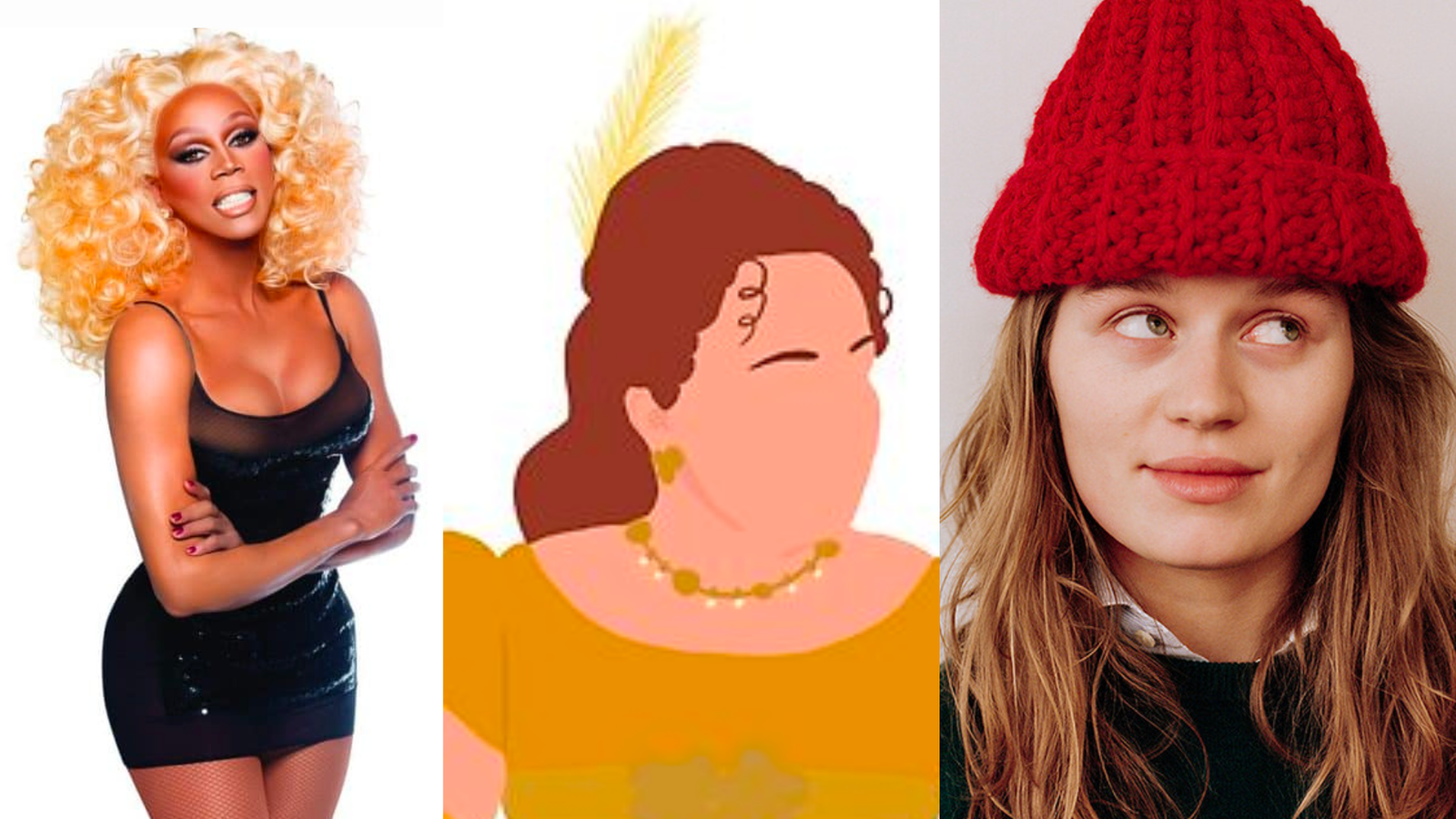No products in the cart.

“I Didn’t Pity Nikki—I Loved Her”: Actor Rashmi Mann on becoming Nikki in Khauf (Exclusive)
When journalist-turned-model-turned-actor Rashmi Mann was cast as Nikki in Prime Video’s Khauf, she knew something was different. “I had never auditioned for somebody who was a loser and a cool girl at the same time,” she says. “I had not conceived that somebody in the Indian film market could have created such a deeply layered character.”
That depth would not only challenge her as an actor.
It would fundamentally shift how she viewed herself, femininity, and storytelling.
In this exclusive interview with Daxayoni, Rashmi speaks candidly about stuttering, feminism’s contradictions, and the freedom of living one’s truth.
“Her stutter wasn’t a gimmick”
Nikki was a role built on detail. “Her body image, posture issues—stutter, the reason behind the stutter, likes, dislikes, sexual orientation, motivations, clothes—everything was mentioned in the character brief.”
To prepare, Rashmi deconstructed her own habits and rebuilt herself as Nikki.
“I journaled her backstory a lot, started playing on the Nintendo Switch, learned to roll cigarettes, sprawled on the couch in hoodies and pyjamas for days on end… and I let go of my hair… and felt the freedom Nikki yearned to feel.”

She worked with vocal coach Hetal Varia and pulled from real-life stuttering references given by director Pankaj and the series acclaimed creator Smita Singh. “The biggest breakthrough was in personalising it with all these influences. After I watched a few documentaries… I settled on something that was only Nikki’s.”
The response has been overwhelming. “So many people asked me if I stuttered in real life. People told me they hated it when (Spoiler alert!) I died… Some sent me cigarette emojis. I feel very grateful.”
But the role did more than elicit applause. “Portraying Nikki healed me… I didn’t pity Nikki—I loved her, respected her, enjoyed her—and I believe that is what humanised her for the audience.”
“We live in contradictions”
On feminism, Rashmi Mann is honest: “Personally, I’m still understanding what feminism means to me. It lives with contradictions in this century, and we live within those contradictions.”
She points to the irony in how other women often judge women’s choices. “A female actor was recently trolled for playing a subservient role… I felt disheartened that a woman who chose her version of success… was still put on trial, even by many so-called progressive feminists.”
If you are familiar with Indian movies, you’ll surely know who Mann is referring to and why.
There’s a critique in her voice when she adds: “It’s confusing…really… It reveals how complex and divided even feminist spaces can be when it comes to success, visibility, and choice.”

Her feminist awakening came through an unexpected shift: “I started to see [my mother’s] service, nurturing, and sacrifice not as weakness, but as pillars of quiet, resolute, foundational strength.”
Now, her feminism lives in authenticity. “Today, I feel deep joy in making breakfast for my husband, singing a Vashti Bunyan song, and folding origami on a day off… That’s where I now locate my feminism. In authenticity, not performance.”
“The stories will tell themselves.”
For creatives looking to tell inclusive stories, Rashmi offers no prescription—just faith. “I have no advice to give. The stories will tell themselves.” She broke into laughter.
What’s important is the truth of things, for Mann. “If somebody feels deeply about something… they should find ways to express it. If it’s authentic, it will strike a chord.”
On representation, she’s clear: “By creating multidimensional characters. It’s pretty simple. Sensitivity and context can create more inclusivity than trying hard to send a message out.”
And what’s next? Nothing planned. She adds: “I don’t have anything in the pipeline, but I am sure something will make its way. Nikki came into my life when I was least expecting her to—the same shall happen with other characters.”








POST COMMENT